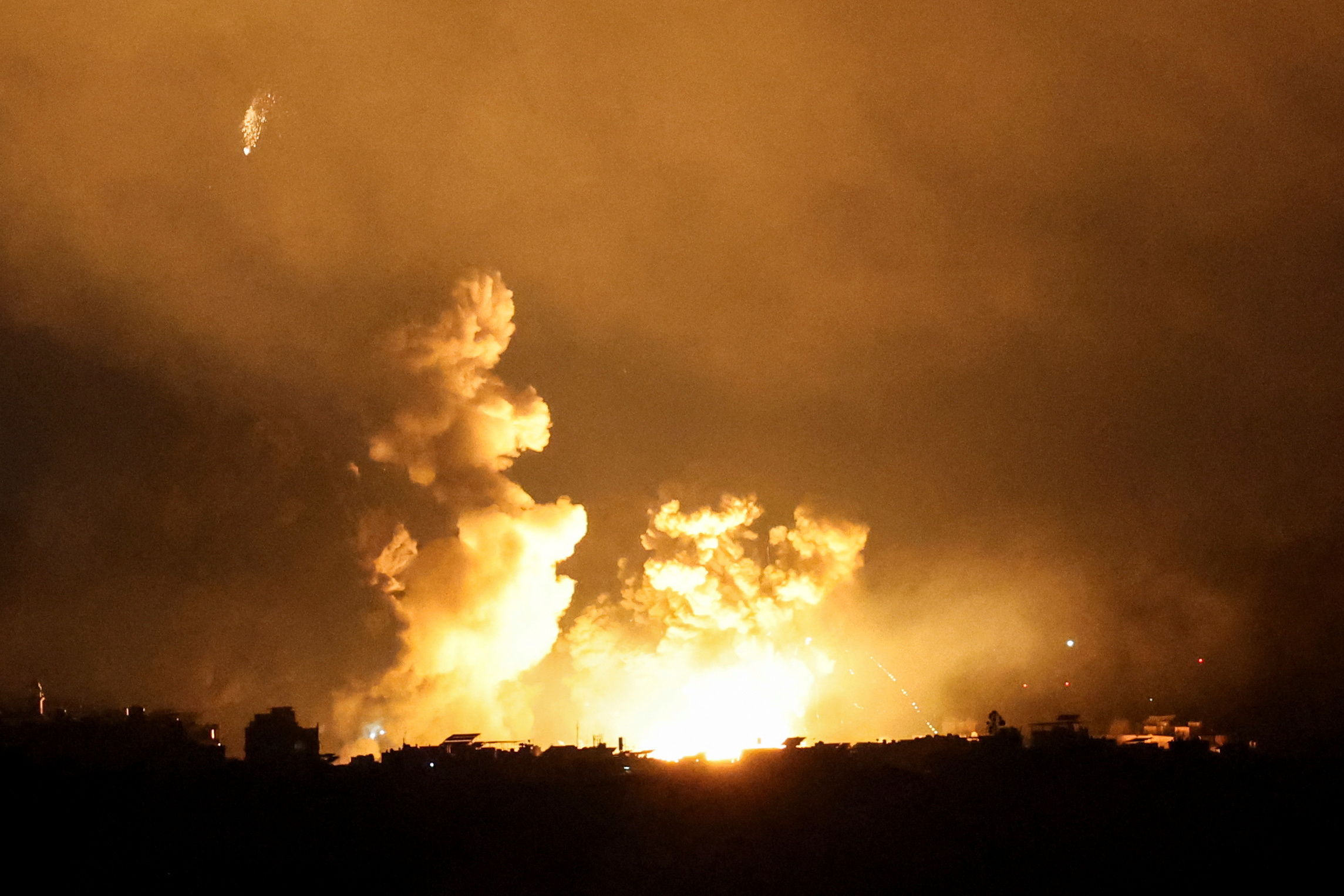Here is the latest
•
2 Israeli Soldiers Killed in Drone Strike
•
Israel Estimates 250 Hezbollah Terrorists Killed Since Ground Operation Began
•
Most Lebanese Shelters at Capacity, Says UN
•
Iranian Supreme Leader Delivers Rare Friday Address
•
Beirut Rocked by Strikes Overnight, IDF Confirms Death of Hezbollah Communications Chief


